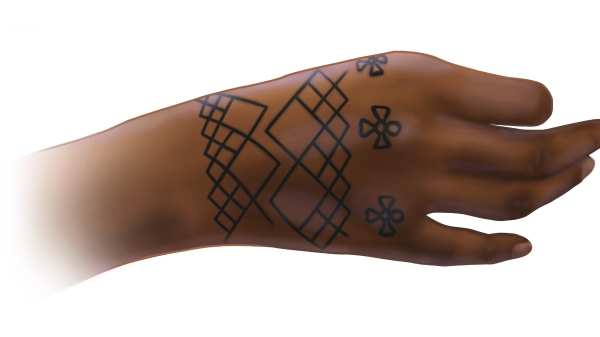Study reveals neurons responsible for episodic memories

A new study published in Proceedings of the National Academy of Sciences has found that the neurons in the hippocampus encode “what, when, where” information that serves as the foundation for episodic memories. Photo by Sarandy Westfall/Unsplash
Remembering what you ate for dinner last night or where you parked your car this morning is no small feat. Yet, the brain area responsible for these types of memories – called episodic memories – is about the width of a marble.
A new analysis of neural recordings from the brains of epilepsy patients has found that only the human hippocampus encodes the “what, when, where” information that makes up the foundation of episodic memories. This information is sparsely coded, which means only a handful of neurons in the seahorse-shaped hippocampus are involved in remembering an event like last night’s entree.
“These findings suggest that when we remember, there isn’t a lot of neural activity in the hippocampus; there is a focused, precise and sparse signal. This means a small collection of hippocampal neurons – maybe 2% of the cells we recorded, or 50 neurons in total – collectively code an episodic memory,” said Stephen Goldinger, professor of psychology at Arizona State University. “These data are amazing because we would never see this type of signal using other methods for measuring brain activity in people, like fMRI.”
The work, which was published in Proceedings of the National Academy of Sciences on May 5, also shows that the hippocampus is joined by other brain areas in keeping track of general information, like whether something is new or familiar.
The study was a collaboration between the University of California, San Diego; Arizona State University; Barrow Neurological Institute; New Mexico State University; Veterans Affairs Medical Center in San Diego; and the Neurtex Brain Research Institute.
The research team recorded from the brains of 34 epilepsy patients as they underwent clinical monitoring at Barrow Neurological Institute. The team measured neuronal activity in the hippocampus, amygdala, anterior cingulate and prefrontal cortex as the patients listened to or read a steady stream of words. After a while, some of the words started to repeat. The patients were tasked with indicating whether a word had been repeated or was new.
Activity in the hippocampus continuously tracked whether the patients had been exposed to a word – or not. The neurons from the other brain areas were also active, but they encoded different information.
“The activity we measured from the hippocampus was effectively a ‘do you remember this or not’ signal. The amygdala, cingulate and prefrontal cortex all showed general involvement while people decided whether words were familiar, but their signals were seemingly built upon the ‘what, where, when’ information encoded in the hippocampus,” Goldinger said. “This general signal in the amygdala, cingulate and prefrontal cortex likely indicates those brain areas index the hippocampal-generated memories in completing the task.”
ASU alumna Megan Papesh, now New Mexico State University, contributed to the work.
Zhisen Urgolites and John Wixted from UC San Diego were first authors on the paper, and Peter Steinmetz of the Neurtex Brain Research Institute was senior author. David Treiman of Barrow Neurological Institute and Larry Squire of the Veterans Affairs Medical Center in San Diego and UC San Diego also contributed to the work.
This study was funded by the Neurtex Brain Research Institute, National Institute of Child Health and Human Development, National Institute of Neurological and Communicative Disorders and Stroke, National Institute of Mental Health, and Medical Research Service of the Department of Veterans Affairs.
More Science and technology
Findings on adenoviruses in baby gelada monkeys provide a window into our own cold and flu season
If you have young kids or spend time around day care centers, you know the drill: Someone gets a cold, and soon the whole group…

Student teams create AI tools to help neurodivergent learners
When Stevie Cervantes was a first-year student at Arizona State University, she shied away from using AI.“AI was everywhere and…

ASU researchers shed light on ancient tattoos in the Nile Valley
Long after an archaeological excavation, discoveries can still be made. One such example of this is newly discovered tattoos from…